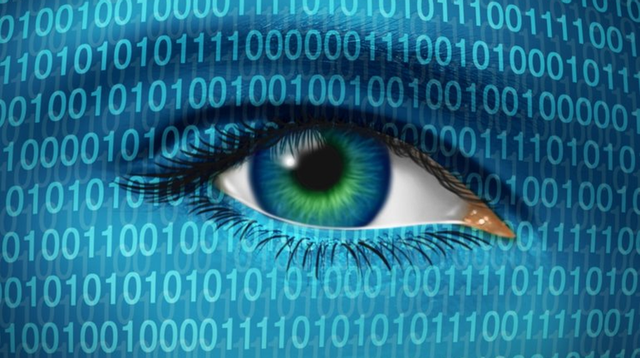
How can humanitarian relief charities collect better data for decision making? Which international development organizations are visualizing data to improve monitoring and evaluation? Where is USAID, DFID, Gates Foundation, donors investing in data solutions? What about big data, data security, and data privacy?
Data Collection
In the last decade, mobile data collection has been used more and more by humanitarian and development organizations for situation analyses, project monitoring, follow-up of activities and vulnerable populations, among other uses (some NGOs are even today planning for all of their quantitative data collections to be carried out on mobile devices).
Today, very few people in the sector doubt the relevance of mobile data collection for many different kinds of uses – the main challenges concern more the question of how to implement these tools in the most effective and ethical way, and also to choose tools that can be used widely across an organization in the long run without a considerable investment in time and resources.
Data Scientist
In the next decade, data scientists are expected to transform biomedical and behavioral research and create improved health for individuals and populations. There are opportunities to utilize data science to impact health outcomes on the African continent and around the world.
Many of the enabling factors for catalytic impact are already in place. For example, extensive mobile phone coverage in Africa has led to major innovations that could bring the clinic to the patient through data science technologies, with applications to rural and underserved populations in the United States and worldwide.
A unique continental network of data scientists and engineers could be transformative, bringing together existing expertise to develop tools and applications that can be shared, adopted, and harmonized globally.
Data Visualization
Just about everyone in the ICT4D community has interacted with, presented, or created a chart, dashboard, infographic, or other data visualization. We’ve also all seen charts that mislead, confuse, or otherwise fall short of making information more accessible.
With so many tools at our fingerprints, how can we use them to develop meaningful, impactful charts and interactive dashboards? In ICT4D, we often have to be scrappy and flexible. That means learning how to work with open source tools, hack charts in Excel, and make decisions about what tool to use based on resource availability instead of functionality.
Responsible Data
Responsible data practices require having a conversation with multiple stakeholders throughout the life of the project to continuously assess how well you are balancing data tensions. For example, here are three responsible data scenarios that are not clear cut decisions.
- Data Security: A text message can send potentially life-saving information to a woman in a rural village who has limited access to healthcare. But if her shared family mobile phone is accessed by another member of her family, her safety could be in danger due to the sensitive nature of her health information. Should you send the message to save her life? Or protect her safety by delivering the information in person?
- Data Privacy: Your organization knows the residential locations of disabled people in a community. Local government first responders are requesting access to this information so that they can have it in case of an emergency or national disaster. Should you sacrifice privacy in order to provide potentially lifesaving information? What if you didn’t get consent from those individuals to share their data?
- Data Use: Another development organization is requesting population-level data about refugee needs in the camp where you work in order to provide better services to the population. The surrounding towns are hostile to the camp, and information surrounding them is carefully guarded. Should you share the data? Or do the risks of the data getting into the wrong hands outweigh the benefits?
Data Security
Technology has served as both an advantage and a hindrance during COVID-19 digital response. Apps have allowed people to stay connected and work remotely without major disruption to their jobs. However, pandemics present a unique risk of health-related personally identifying information being compromised, and then potentially used to harm an individual.
How do humanitarian organizations ensure data is protected, and data privacy and data security for constituents are safeguarded?
Data Minimalism
Data Minimalism – how to collect less data and learn more is focused on asking fewer questions to get the right, meaningful information that will help people make better, more informed decisions.
Data minimalism sounds refreshing especially to people who hear about the lure of Big Data everyday. Amid the opulence of information and analytical tools, we often need to be reminded of the ultimate purpose of the information we collect: it is to facilitate good decision-making.
The ability to make prompt decisions based on good and accurate data is required even more in specific environments such as conflict-settings or during a humanitarian crisis.
Mobile Network Operator Data
Mobile phones generate enormous amounts of data every day as people move around and connect to various networks. This data, which is collected by mobile network operators (MNOs), can help fill the gaps and improve our understanding of population movements over time.
When mobile network operator data is combined with other types of data, such as satellite data and health data compiled by the government, we can produce valuable insights to help us deal with a range of development and humanitarian issues, including the COVID-19 pandemic.
Many governments and intermediary agencies are already using MNO data to give them real-time insights into population movements, enhancing their decision-making in order to improve health outcomes, bolster their disaster preparedness and prevent food shortages.











